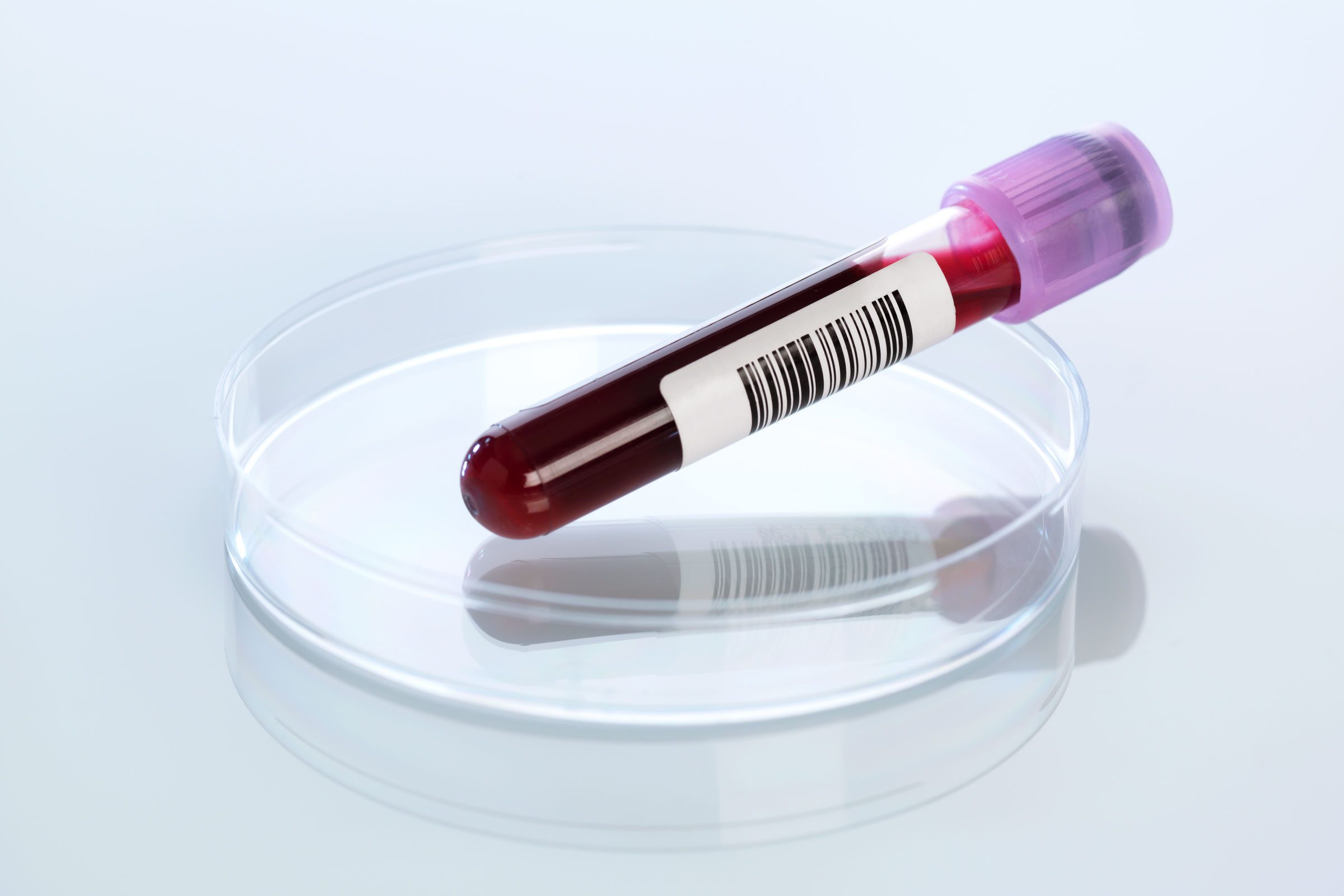It's a single blood test that's starting to catch cancer evidence in the 57% of the body's sites that were previously unscreenable.

A Simple New Test Is Identifying Up to 100% of Early-Stage Cancer Cases

On the heels of Colorectal Cancer Awareness Month in March comes Head and Neck Cancer Awareness Month in April. There’s an important difference between types of cancer such as these: One you can screen for, and the other you can’t.
Until, perhaps, now. For the millions of Americans often aren’t diagnosed with 57% of cancer types until certain symptoms arise—often when it’s too late for effective treatment—a simple blood test just might offer a ray of hope moving forward.
The Galleri blood test screens for certain “signals” from cancer cells in the body. In total, the test can detect more than 50 types of cancer—ranging from head and neck to lymphoma—which can then be further tested and diagnosed by healthcare professionals.
According to the Galleri website, “Around 1% of people ages 50-79 are expected to receive a Cancer Signal Detected test result.” From there, “After diagnostic evaluation, around 40% of these people are expected to have a confirmed cancer diagnosis.”
In a 2021 study published in the Annals of Oncology journal, the Galleri test reported the following sensitivities (in other words, the test’s ability to find cancer):
- 85.7% overall for head and neck cancer
- 63.2% for stage I
- 82.4% for stage II
- 84.2% for stage III
- 96% for stage IV
- 83.7% overall for pancreatic cancer
- 61.9% for stage I
- 60% for stage II
- 85.7% for stage III
- 95.9% for stage IV
- 85% overall for esophageal cancer
- 12.5% for stage I
- 64.7% for stage II
- 94.7% stage III
- 100% stage IV
- 83.1% overall for ovarian cancer
- 50% for stage I
- 80% for stage II
- 87.1% for stage III
- 94.7% for stage IV
- 93.5% overall for liver/bile duct cancer
- 100% for stage I
- 70% for stage II
- 100% for stage III
- 100% for stage IV
Catching cancers when they’re still in the early stages is vital, according to the Cleveland Clinic, because especially dangerous cancers, such as pancreatic or ovarian cancer, “aren’t usually caught until you start showing symptoms, and by then, the cancer has usually developed into stage III or stage IV and may have spread to other parts of your body.”
Multiple-cancer early detection, which is what the Galleri test is, could help achieve a very notable goal: “…cancer detection before stage IV could reduce cancer-related deaths” by 15% or more within five years, according to the previously mentioned study.
The Galleri test, which can be taken annually, is mostly recommended for adults “with an elevated risk for cancer, such as those age 50 or older,” according to its website.
But if you’re intrigued and are now hoping to receive the test, you’ll need to talk to your doctor first—the blood test is only available currently if a doctor orders it.
For more wellness updates, subscribe to The Healthy by Reader’s Digest newsletter and follow The Healthy on Facebook and Instagram.


















